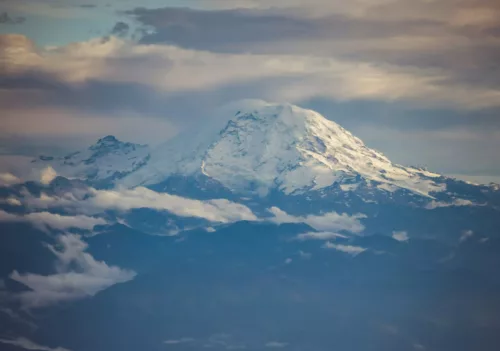
The Rainier volcanic hazards detection system has been growing
Over the past few years, the Rainier Lahar Detection System has been upgraded with 25 new stations to better detect volcanic hazards on the mountain.
Here in the News & Features section, you can find important announcements or learn more about our work and the science we support.
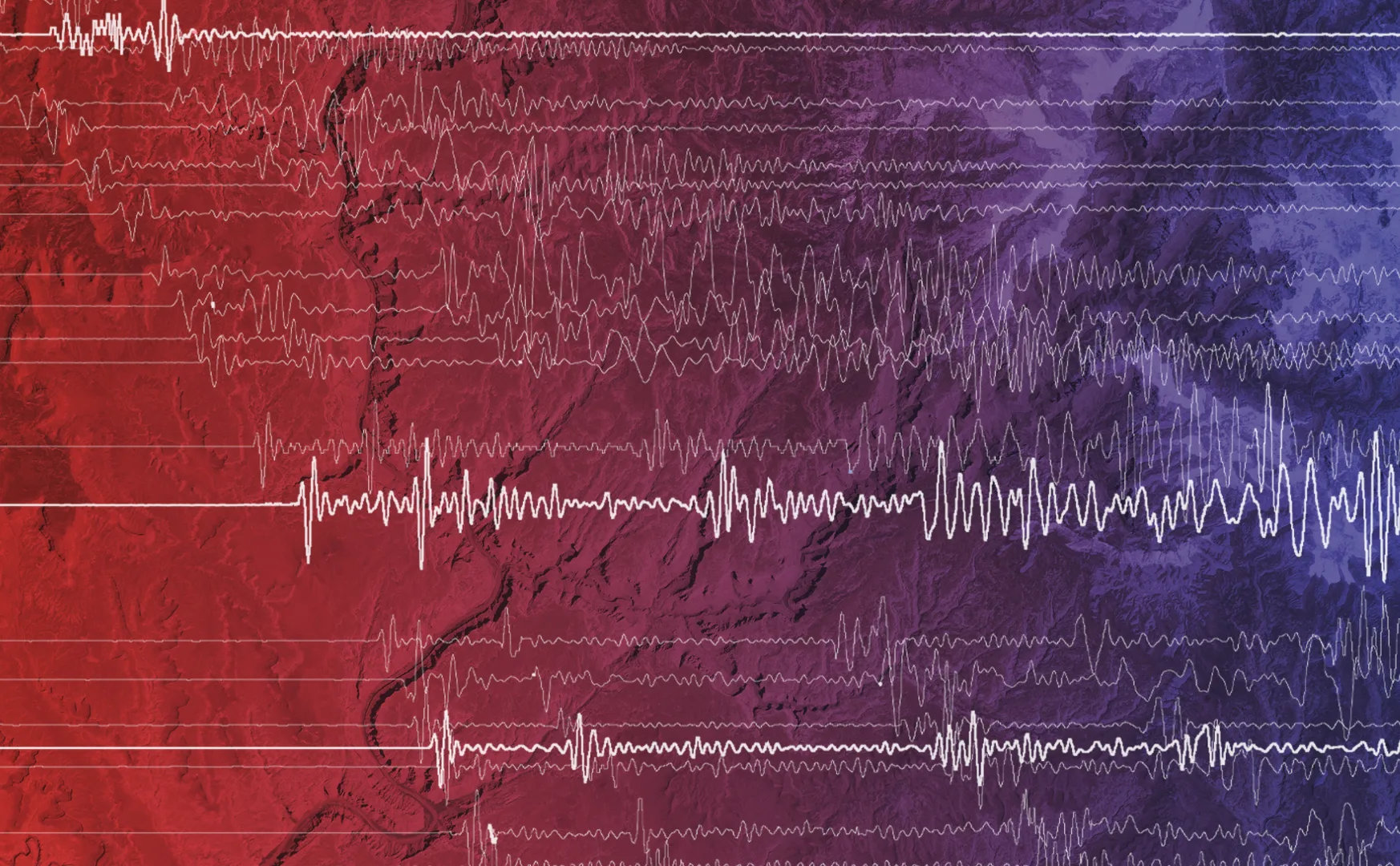
Showing 1 - 9 of 9 Posts

Over the past few years, the Rainier Lahar Detection System has been upgraded with 25 new stations to better detect volcanic hazards on the mountain.
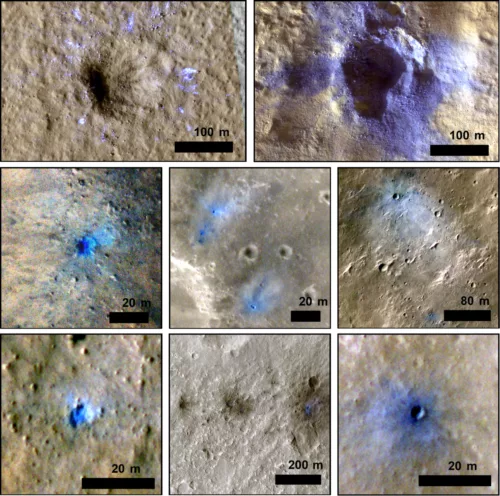
InSight has advanced our understanding of the Martian interior by using seismic techniques typically applied on Earth. One instrument, the Seismic Experiment for Interior Structure (SEIS) returned data that shows marsquakes from recent impacts of space debris on the surface. Compared to the orbitally-imaged catalog of craters, the seismically-detected events don’t seem to entirely match.
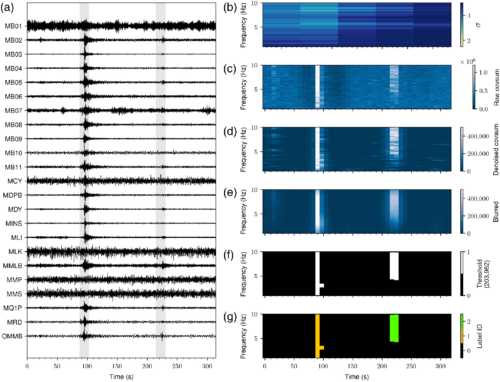
Researchers in a new paper utilized a seismic array around Mammoth Mountain to test out a new automated detection workflow to see if they could reliably identify the precursors to volcanic activity.

Natural hazards can leave many species in unprecedented conditions in an extremely short amount of time. A new study looks at natural hazards occurring where at-risk species live in order to help guide conservation efforts for ensuring their survival.
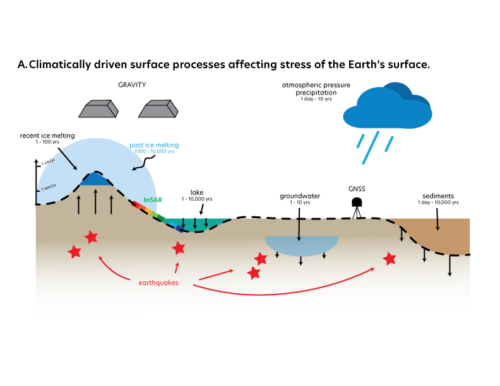
Using geophysical instrumentation and techniques can allow researchers to understand how natural resources may be affected by changing climate, and how we can manage these changes properly.
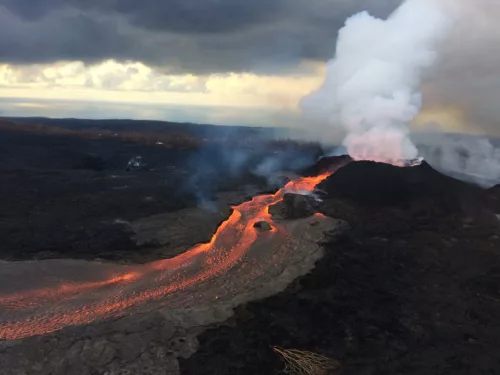
Starting in May of 2018, the Puna District of Hawai’i began to experience back to back eruptions of their Kīlauea volcano, along with earthquakes. A new paper lays out a helpful timeline of the initial eruption and following events, as well as addressing the applications for the future from the collected data.
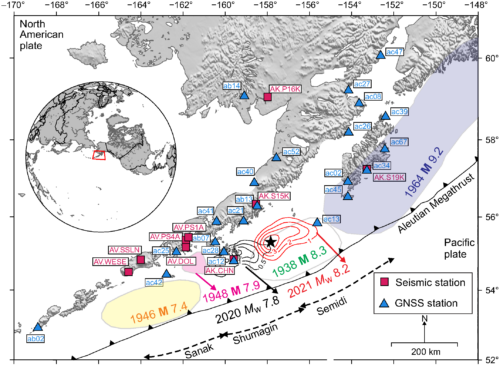
During the summer of 2021, the magnitude 8.2 Chignik earthquake ruptured on the Alaskan coast, providing scientists, such as a team led by Parameswaran of University of Alaska Fairbanks, with a test case for a future early warning system for the region.
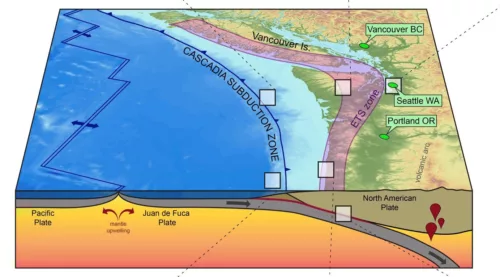
The Cascadia Subduction Zone is not your typical subduction zone. It is characterized by unique “slow slip events” that occur in the intervals between megathrust earthquakes along the fault.
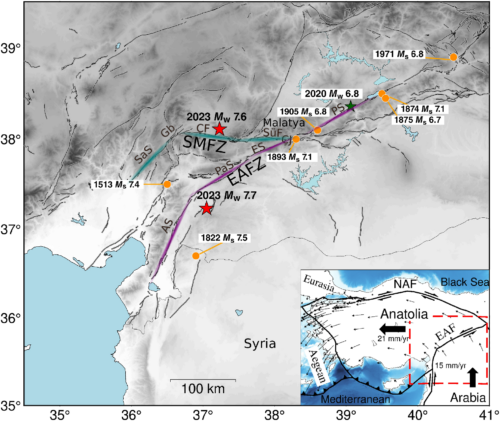
On February 6th, 2023, Türkiye and Syria experienced the devastating effects of two large (magnitude 7.8 and 7.5) earthquakes, which triggered more than 200 aftershocks. A recent study led by first author, Gesa Maria Petersen, maps two fault zones using data produced from these earthquakes, uncovering never before mapped fault sections and ground motion along these faults.